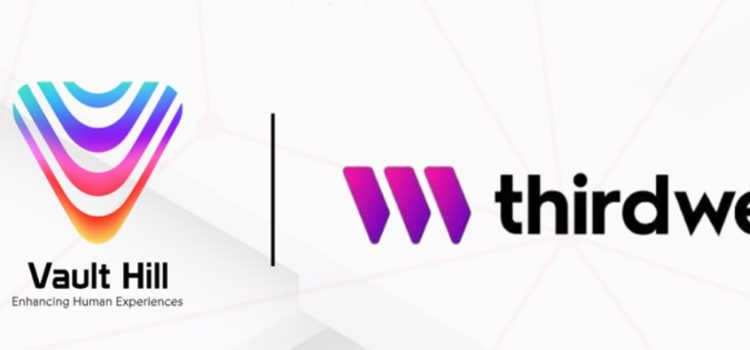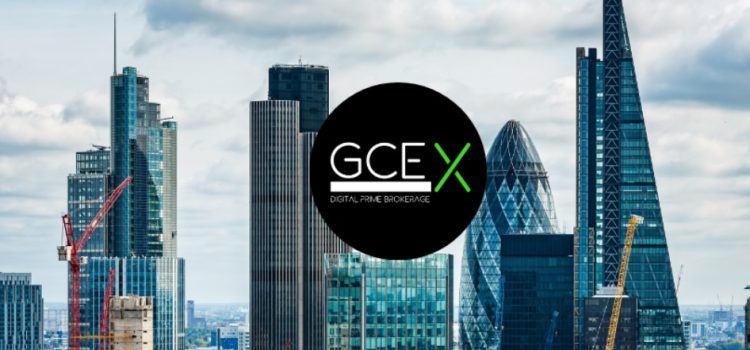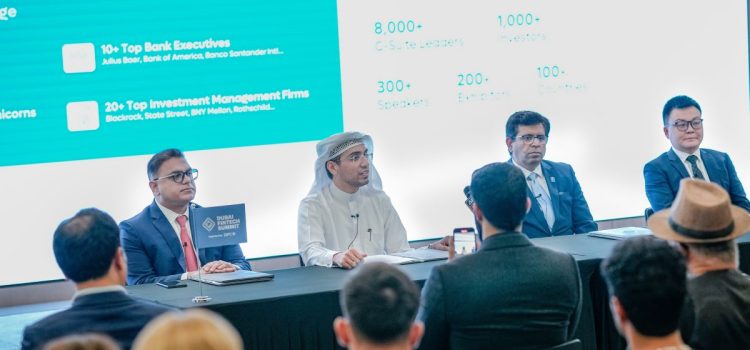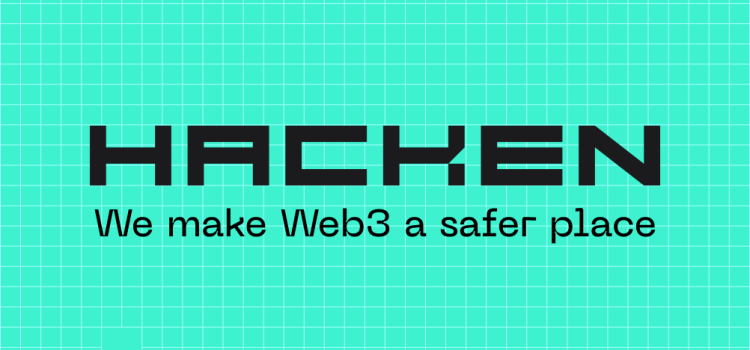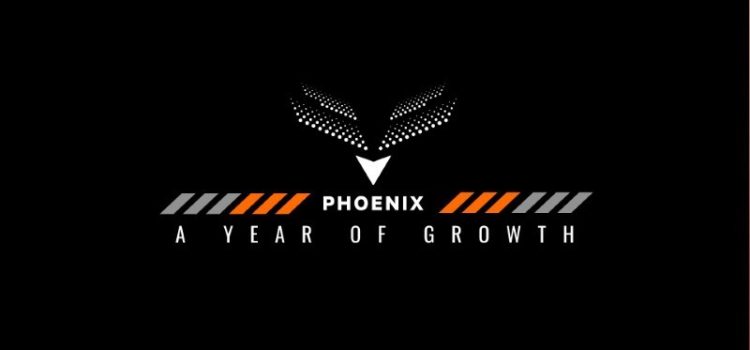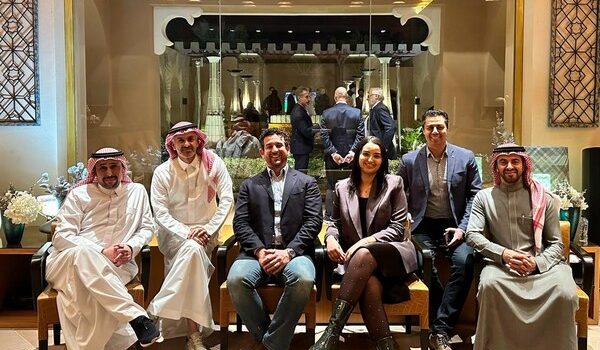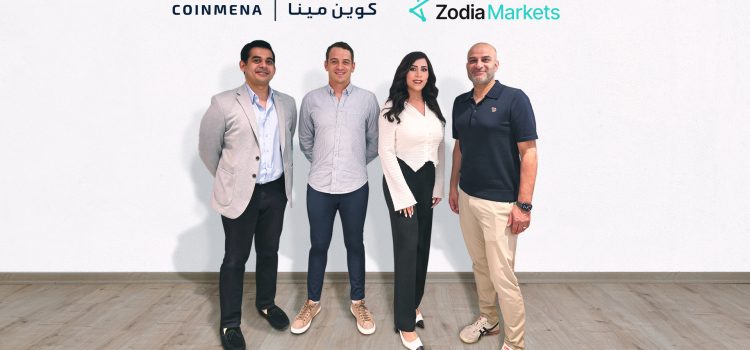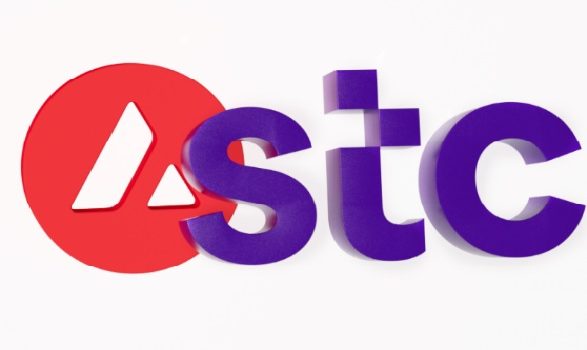For the second consecutive year, Dubai will remain in the spotlight as it hosts the second edition of Dubai FinTech Summit, under the patronage of His Highness Sheikh Maktoum bin Mohammed bin Rashid Al Maktoum, First Deputy Ruler of Dubai, Deputy Prime
Minister, and Minister of Finance of the UAE and President of DIFC, which is set to take place on 6-7 May at Madinat Jumeirah.
Organized by Dubai International Financial Centre (DIFC), the leading global financial hub in the Middle East, Africa and South Asia (MEASA) region, the Summit will bring together 8,000 decision-makers, over 300 thought leaders and more than 200 exhibitors to discuss the latest innovations and challenges and showcase cutting-edge technologies.
The global FinTech sector is rapidly growing and is predicted to be valued at USD 608bn globally by 2029, according to Mordor Intelligence, a market intelligence and advisory firm. Bucking the downward global market trend, the MENA FinTech market is expected to register a CAGR of over eight per cent during the period 2024 to 2029.
Dubai FinTech Summit will offer a platform for start-ups, investors and industry leaders to connect and capitalize on the growing FinTech market in the region and beyond. The MENA region’s FinTech start-up and venture capital landscape is booming, with over 800 FinTech start- ups worth USD15.5 bn, according to data by dealroom.co. Reflecting the ongoing transformation in the financial sector driven by Innovation, Inclusion, and Impact, the key themes this year will be Finance Renaissance, Ecofinance and Impact, Investment Vanguard, Regulatory Frameworks, Global Financial Dynamics and FinTech 2.0.
Mohammad Alblooshi, CEO at DIFC Innovation Hub, said: “Nearly 60 per cent of all FinTech companies in the GCC are currently based in Dubai. With the industry growing at an unprecedented rate, it is crucial for stakeholders to gather and discuss the challenges and
opportunities that lie ahead. The Dubai FinTech Summit will bring together the most prominent figures in the industry, with an agenda that is aimed at driving innovation, inclusivity, and growth for all.”
With an impressive line-up of distinguished local and international speakers, the Dubai FinTech Summit will host a series of panel discussions and fireside chats. More than 20 governors of financial institutions will attend the summit this year, amongst them, H.E. Essa
Kazim, Governor, DIFC, UAE; H.E. Dr. Philmnisi, Governor, Central Bank of Eswatini; H.E. Cheaserey, Governor National Bank of Cambodia; H.E. Martin Galstyan, Governor, Central Bank of Armenia; H.E. John Rwangombwa, Governor, National Bank of Rwanda; H.E. Prof. Edward Scicluna, Governor, Central Bank of Malta will participate in discussions during the two-day event. Adena T. Friedman, Chair & CEO of Nasdaq Inc; Nic Dreckman, CEO of Bank Julius Baer & Co.; Yie-Hsin Hung, President & CEO of State Street global advisors and Jim Demare,
President global markets at Bank of America, along with many other global industry leaders will also be participating in the various sessions planned for the Summit. Notable local speakers include H.E. Abdullah bin Touq Al Marri, Cabinet Member & UAE Minister of Economy; H.E. Helal Saeed Al Marri, Director General, Department of Economy and Tourism, Dubai; H.E. Salem Humaid Al Marri, Director General, Mohammed Bin Rashid Space Centre, UAE; and H.E. Faisal Belhoul, Vice Chairman of the Dubai Chamber, Chairman of J&F Holding.
A key highlight of the Dubai FinTech Summit will be the Grand Finale of the FinTech World Cup (FWC). The champions of the FinTech World Cup will be announced on Day 2 of the summit with the winners securing an investment of up to USD 1 million. The competition is a growth-enabling initiative by DFS designed to encourage cross-border collaboration and stellar innovation, pivotal to transforming the global FinTech sector.
In line with the D33 Agenda to position Dubai as the top four global financial hub by 2033, the 2nd edition of the Dubai FinTech Summit is designed to encourage cross-border collaboration and innovation, pivotal to transforming the global FinTech sector. It presents a unique opportunity to explore emerging FinTech trends and their potential to drive financial progress in the MEASA
region.
The inaugural Dubai FinTech Summit attracted over 5,000 C-suite leaders from over 90 countries including north of 1,000 investors and more than 150 speakers. Over 20 Memorandum of Understandings were signed with global financial leaders during the Summit.









